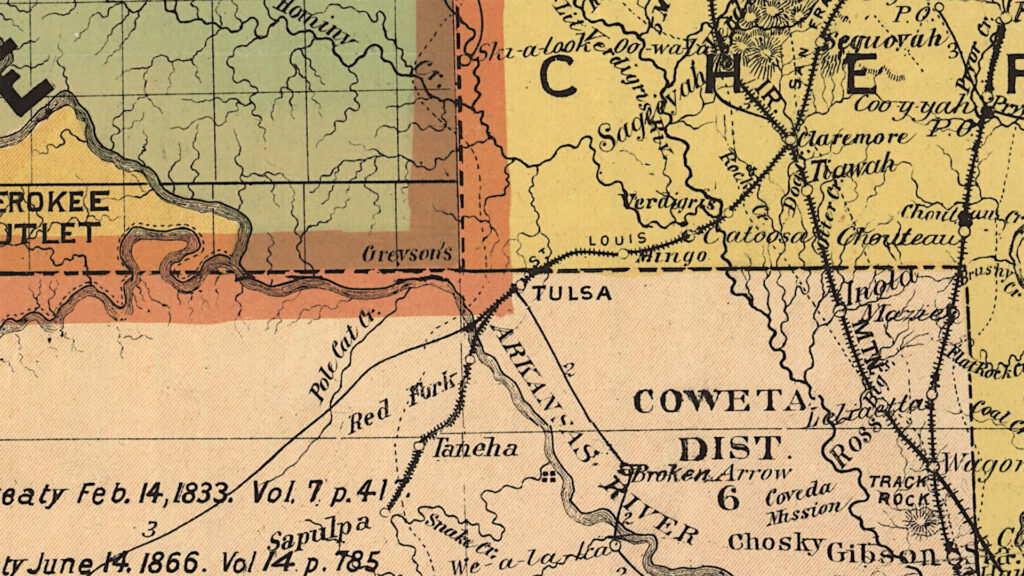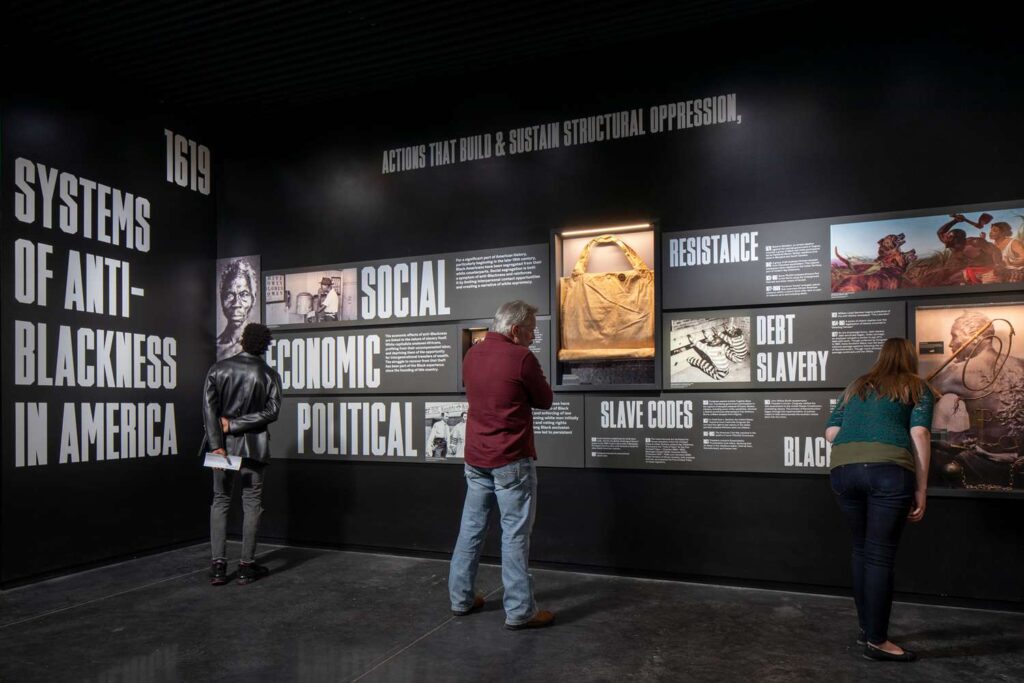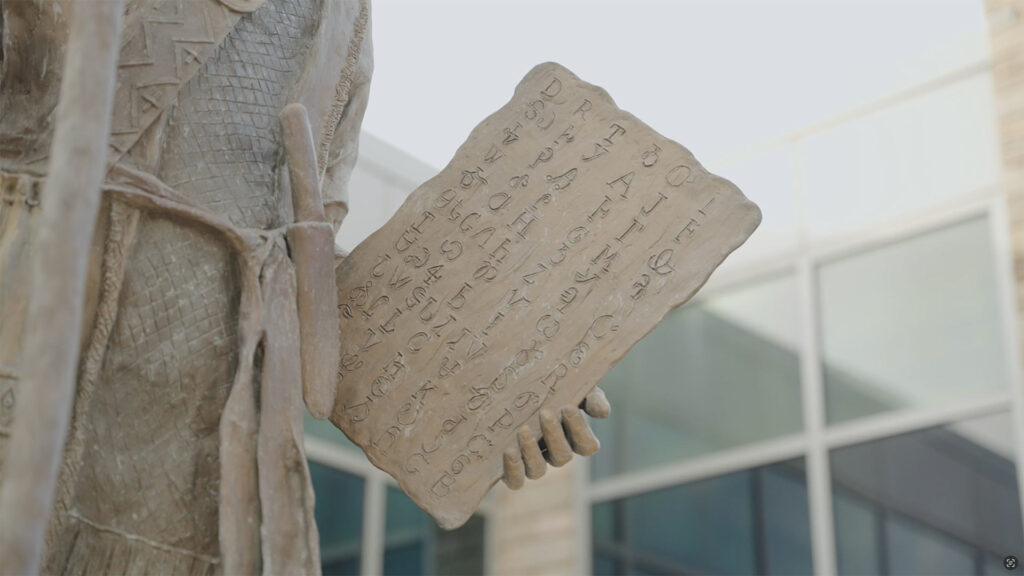How do we define the character of a place? What does it mean to be a Southerner…or a Californian…or a New Yorker? And how do those definitions reflect our collective identity as Americans?
In 2024, the National Humanities Center launched the American Cities Project to focus the attention of scholars and educators on selected communities across the US, to better understand those places and, perhaps, to better understand ourselves as Americans. The first place we chose to explore was Tulsa, Oklahoma.
First settled in the early nineteenth century by the Muscogee (Creek) who’d been driven from their native lands in Alabama, Tulsa’s complex history weaves together strands of triumph and tragedy, technological change, community conflict, and cultural richness that have reflect American life across the past two hundred years.
Through a series of selected engagements we have attempted to sketch some of the qualities, experiences, historical and cultural touchpoints that distinguish Tulsa for its citizens and that have contributed to its place in the American imagination. Below you will find more information about those initiatives and the work the National Humanities Center has been conducting with its partners from Tulsa.







